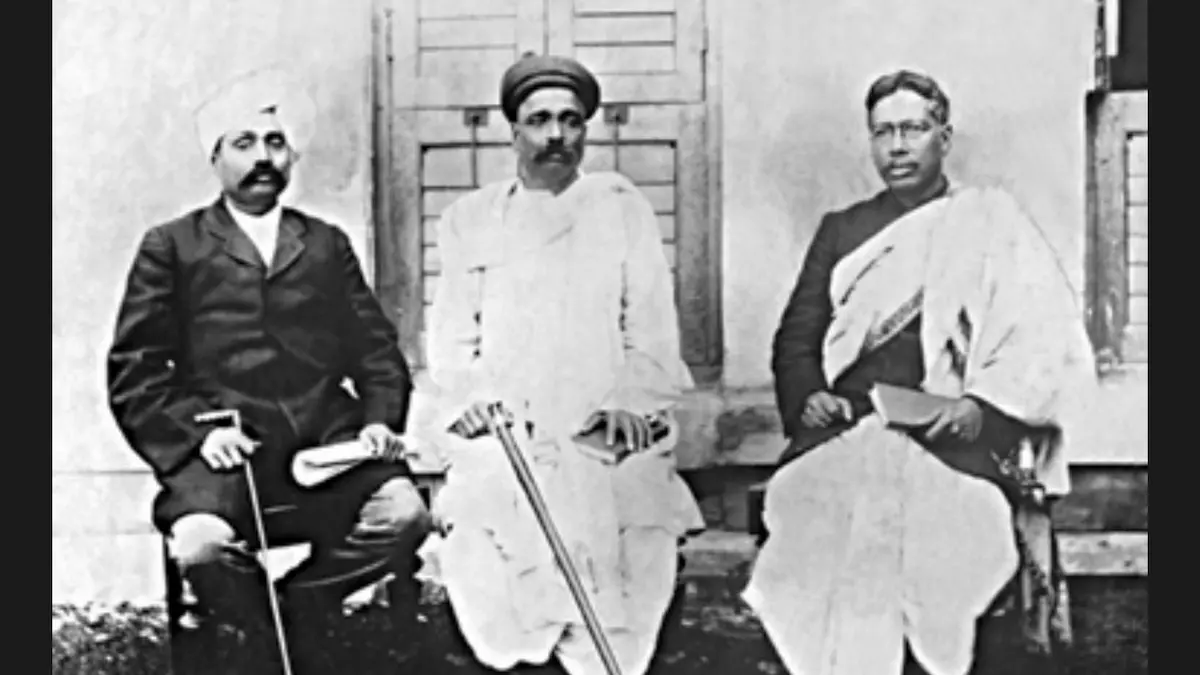Lala Lajpat Rai, whose full name was Lala Lajpat Rai Agrawal, was a prominent Indian freedom fighter, social reformer, and political leader during the late 19th and early 20th centuries.
He was deeply influenced by the Arya Samaj, a Hindu reformist movement founded by Swami Dayanand Saraswati.
Lajpat Rai actively participated in various social and political movements aimed at addressing issues such as the caste system, women’s rights, and untouchability within Hindu society.
Family Background
Lajpat Rai was born in 1865 into an Agrawal Jain family in the Faridkot district of the Punjab Province of British India.
His father Munshi Radha Krishna was an Urdu and Persian government school teacher.
Association with Arya Samaj
While studying Law at Lahore, Lala was influenced by the Hindu reformist movement of Swami Dayanand Saraswati and became a member of the Arya Samaj Lahore.
According to him, Hindu society needs to fight its own battle with caste system, position of women and untouchability.
Vedas were an important part of Hindu religion and approved everyone should be allowed to read them and recite the mantras. He believed that everyone should be allowed to read and learn from the Vedas.
Career and Notable Works
Lala Lajpat Rai himself was founder of many organisations, including Hisar congress, Hisar Bar Council, national DAV managing Committee.
He was elected President of the Congress in the Calcutta Special Session of 1920.
In 1921, he founded Servants of the People Society, a non-profit welfare organisation, in Lahore, which shifted its base to Delhi after partition, and has branches in many parts of India.
Besides founding the Arya Gazette, he authored many books and wrote biographies of Mazzini, Garibaldi, Shivaji, and Shri Krishna.
Tragic End
Lala Lajpat Rai’s life was cut short due to a brutal incident that would forever remain etched in India’s struggle for independence.
On October 30, 1928, when the Simon Commission visited Lahore, Lajpat Rai led a non-violent march in protest. It was during this demonstration that he uttered the resonating slogan, “Simon Go Back!”
However, the peaceful march took a grievous turn when the police superintendent, James A. Scott, ordered a lathi charge against the protesters, personally assaulting Lajpat Rai. Lala died of severe head trauma injuries 18 days later.
